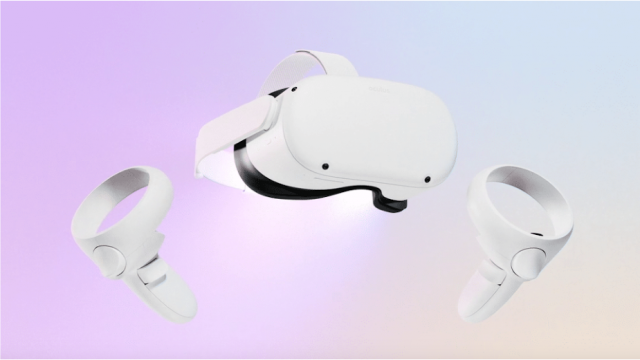Introduction
My first Virtual Reality experience was 3 – 4 years ago with the Oculus DK1 device. While it was fascinating to experience how it was able to immerse the users into the game, I did not fully enjoy it. The low resolution and refresh rate of the device made me nauseous within 15 minutes of usage. As a result, I did not invest in any Virtual Reality games and devices since then. Hence, being relatively new to the recent trends in VR/AR/MR, the analysis below will be based on what I’ve researched and read online.
VR Devices
Personal Experience
The table below shows a comparison of the Virtual Reality devices that I’ve used before:
| Specs | Oculus DK1 | HTC Vive |
| Tracking | 3 DOF | 6DOF |
| Field of View | 110° (Nominal) | 110° (Nominal) |
| Refresh Rate | 60 Hz | 90 Hz |
| Resolution | 1280 x 800 (640 x 800 per eye) | 2160 x 1200 (1080 x 1200 per eye) |
| Pixel Density | 215 PPI | 455.63 PPI per eye |
| Display | 7 inch RGB LCD | Dual Panel |
| Price | $300 | $599 |
I’ve only had experience using Oculus DK1 and HTC Vive. Comparing these 2 devices that I’ve used before, I prefer HTC Vive over Oculus DK1. Just by comparing the specifications of these 2 devices, HTC Vive provides a better user experience due to the 6 Degree of Freedom (DOF) specification. With 6 DOF, both translational and rotational motion are being tracked. This gives the users more freedom to explore locations and perform real-life tasks/actions virtually. More importantly, the HTC Vive has a higher resolution and refresh rate which drastically reduce the chances of feeling nauseous upon wearing the head set. With the HTC Vive, I was able to play my Virtual Reality game for 45 minutes without feeling nauseous.
Latest Devices
The table below shows a comparison of latest Virtual Reality devices:
| Specs | HTC Vive Cosmos | Oculus Quest 2 | Valve index |
| Type | Wired | Wireless | Wired |
| Tracking | 6DOF | 6 DOF | 6 DOF |
| Field of View | 110° | 100° | 130° |
| Refresh Rate | 90 Hz | 72-90 Hz | 80-144 Hz |
| Resolution (per eye) | 1440 x 1700 | 1832 x 1920 | 1440 x 1600 per eye |
| Weight (g) | 702 | 499 | 809 |
| Price | $699 | $299 (64GB) $399 (256GB) | $999 (full VR kit) $499 (headset only) |
Looking at the specs of the other latest Virtual Reality Devices, I would choose Oculus Quest 2.

Oculus Quest 2 is the jack of all trades. Even though the field of view is not as wide as the other 2 devices, the other specifications makes it attractive. Firstly, the Oculus Quest 2 has the highest resolution and a decent refresh rate of 90Hz. This guarantees that the user experience will be enjoyable due to the clear graphics and smooth motions. The device is also lightweight and wireless. This makes the device comfortable for long usage hours and eases the users’ mobility.
Furthermore, Oculus Quest 2 is the cheapest headset among the three devices. With it’s attractive specifications, it is a good and affordable device to invest in.
MR Devices
Here’s a list of Mixed Reality the latest devices:
| Specs | Microsoft HoloLens 2 | Magic Leap One |
| Resolution | 2048 x 1080 | 1280 x 960 |
| Field of View | 52 ° | 40 ° |
| Refresh Rate | 120 Hz | 60 Hz |
| Eye Tracking | Yes | Yes |
| Price | $3500 | $2295 |
Between the 2 devices, I would choose HoloLens 2. With my previous experience with Oculus DK1 which had a refresh rate of 60Hz, I would prefer a HoloLens 2 with a higher refresh rate and resolution to prevent dizziness when using the device. Furthermore, HoloLens 2 has other main features like hand tracking which allows for better immersion.
